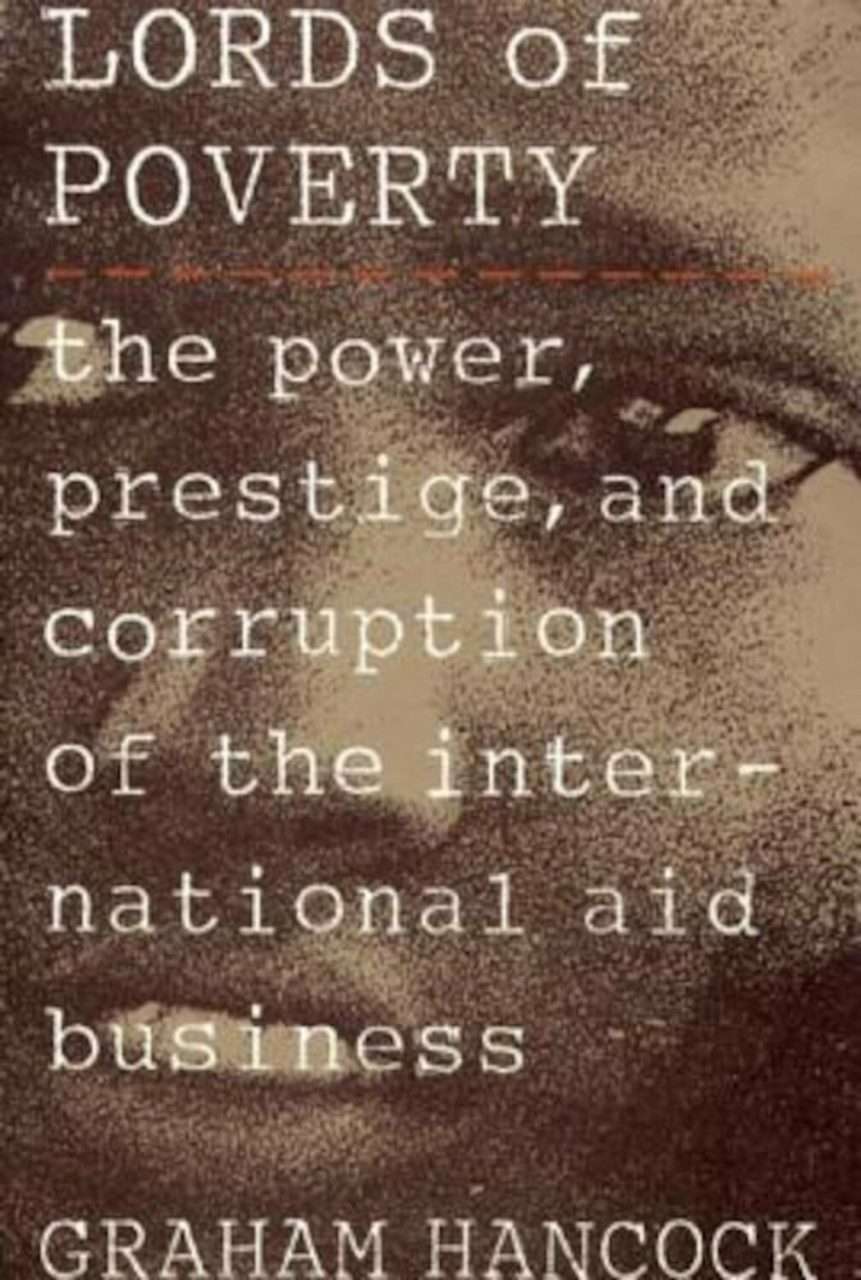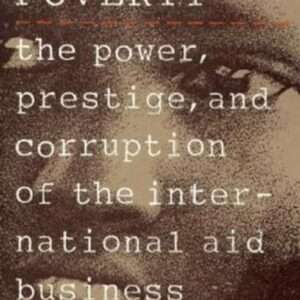(این کتاب نسخهی انگلیسی است)
اربابان فقر: قدرت، اعتبار و فساد در تجارت کمکهای بین المللی
معرفی کتاب اربابان فقر: هرسال حدود شصت میلیارد دلار در قالب وامهای کلان از طرف بانک جهانی صرف کمکهای خارجی در سراسر جهان میشود؛ این پول چه از طریق امور خیریه مثل صندوق نجات کودکان، آکسفام، کِر، یونیسف، یا صلیب سرخ و چه از طریق پرداختیهای مستقیم دولتها به یکدیگر، برای فقرا، بلایای طبیعی–سیل، قطحی، زلزله و خشکسالی–و کمک به توسطهی کشورها اختصاص مییابد.
بزرگی سخاوت کشورهای ثروتمند جهان اگر بیانگر ریشهکن کردن قحطی، فلاکت و فقر نباشد، حاکی از کاهش آنهاست؛ اما، در حقیقت تنها بخش کوچکی از این شصت میلیارد دلار تاکنون به کمک مستقیم تبدیل شده. بهلطف ناکارآمدی بوروکراسی، سیاستهای غلط، حقوق کلان مدیران، فساد سیاسی و «هزینههای سربار» از خود تراشیدهی نهادهای اجرایی، بسیاری از این سرمایهی سترگ حیف و میل میشود؛ همانطور که این کتاب هشداردهنده و جامع گراهام هنکاک فاش میسازد. هنکاک از میان پردههای دود و مهملات «ترحم طبقهی اشراف» عبور میکند تا نگاهی انتقادی به تجارتی چندملیتی را میسر سازد که هرگز بهدرستی پاسخگو نبوده است.
کتاب اربابان فقر یک موردپژوهی در خیانت به اعتماد عامه است. عیوب کمکها فراوان و بهاندازهی کافی جدی هستند تا این پرسشها را دربارهی ماندگاری و تداوم این عادت در ابتداییترین سطوح خود پیش بکشند. گزارش هنکاک دقیق، جامع و بسیار تکاندهنده است و بیتردید باعث میشود تا انگیزههای دولت در کمکهای خارجی و نیازهای واقعی ذینفعان مورد اشارهی ما بهصورت انتقادی مورد ارزیابی مجدد قرار بگیرند.
The Lords of Poverty: The Power, Prestige, and Corruption of the International Aid Business
Each year some sixty billion dollars are spent on foreign aid throughout the world. Whether in donations to charities such as Save the Children, Oxfam, CARE, UNICEF, or the Red Cross, in the form of enormous loans from the World Bank, or as direct payments from one government to another, the money is earmarked for the needy, for relief in natural disasters—floods or famines, earthquakes, or droughts—and for assistance in the development of nations.
The magnitude of generosity from the world’s wealthy nations suggests the possibility of easing, if not eliminating, hunger, misery, and poverty; in truth, however, only a small portion of this sixty billion dollars is ever translated into direct assistance. Thanks to bureaucratic inefficiency, misguided policies, large executive salaries, political corruption, and the self-perpetuating “overhead” of the administrative agencies, much of this tremendous wealth is frittered away, as Graham Hancock’s alarming and comprehensive book reveals. Hancock cuts through the smoke screens and hot air of the “aristocracy of mercy” to provide a critical look at a multinational business that has never been subject to strict accountability.
Lords of Poverty is a case study in betrayals of a public trust. The shortcomings of aid are numerous, and serious enough to raise questions about the viability of the practice at its most fundamental levels. Hancock’s report is thorough, deeply shocking, and certain to cause critical reevaluation—of the government’s motives in giving foreign aid, and of the true needs of our intended beneficiaries.


نقد و بررسیها
هنوز بررسیای ثبت نشده است.